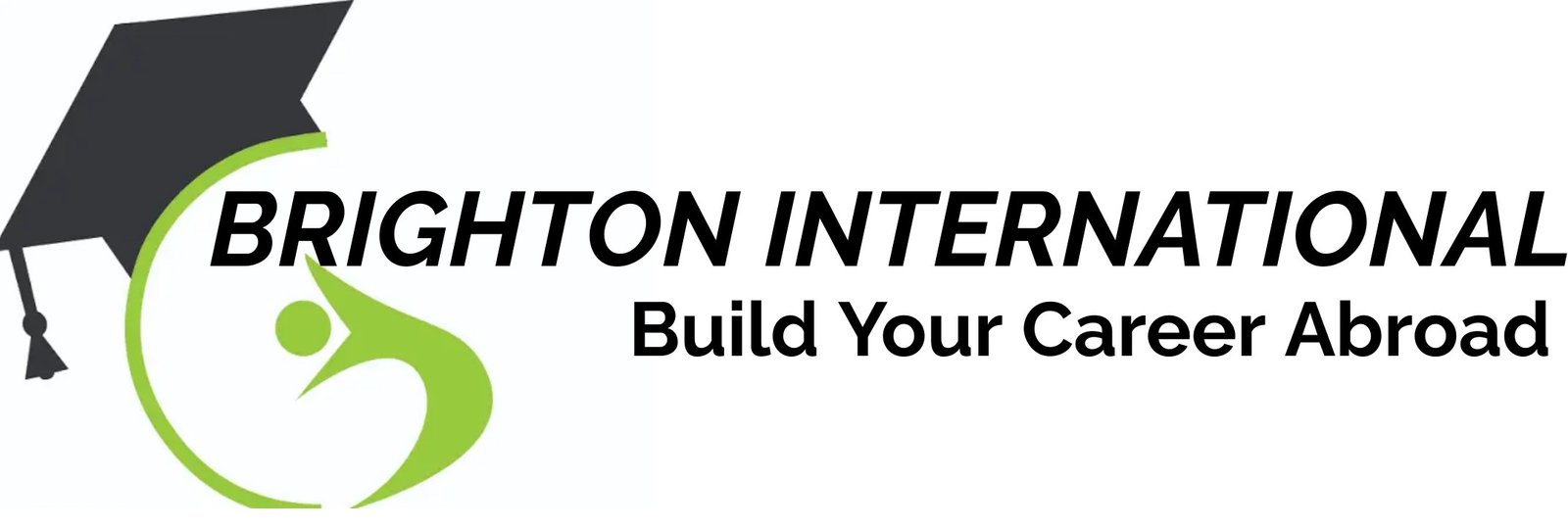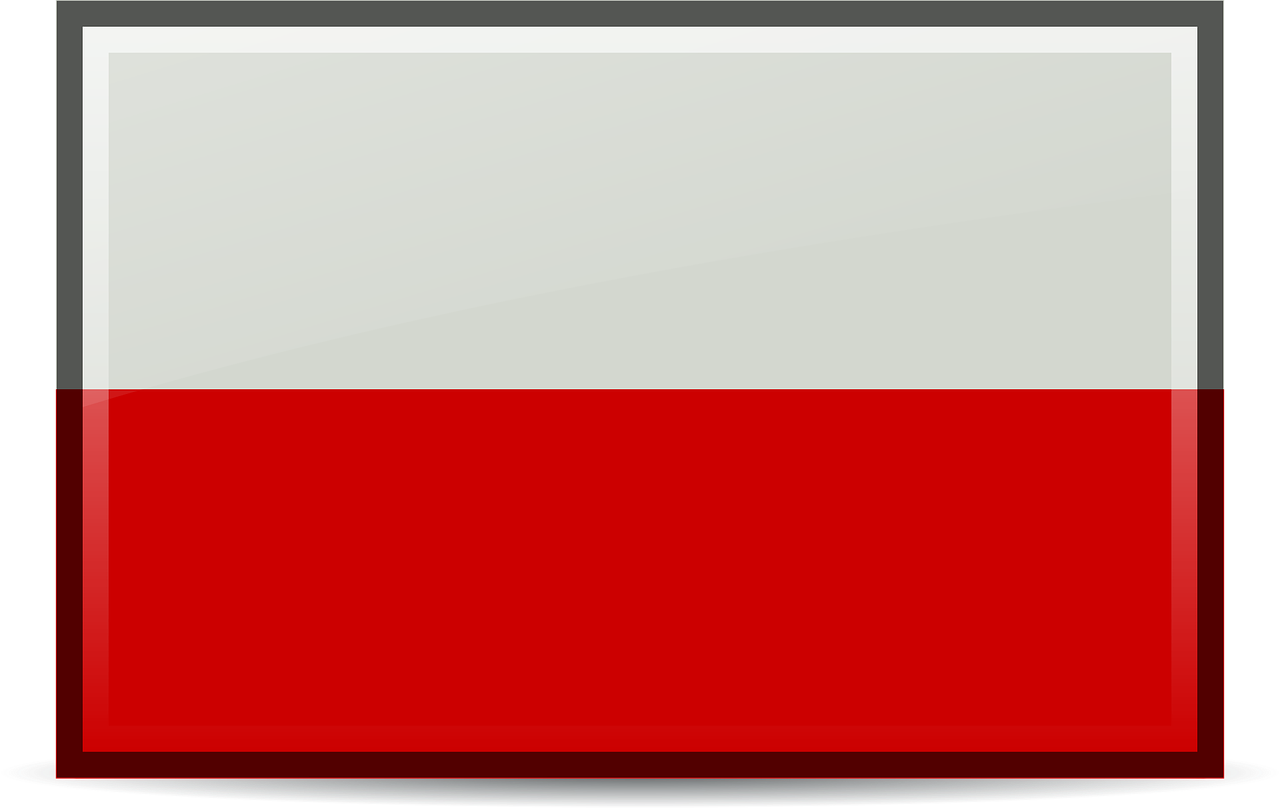Study in Poland
Sharing a border with Germany, Slovenia, the Czech Republic, Ukraine and Belarus, Poland is a fantastic country. It boasts vast landscapes and geographical features such as the Carpathian Mountains and the Sudetes. With a population of almost 39 million people, Poland is one of the most populous countries in Europe.
Uplift Your Career by Studying in Poland
While it continues to progress, the country’s past continues to be one of its defining features. Many tourists travel to Poland to visit the historical Holocaust sites and concentration camps, where over 70% of all persecuted Jewish people were imprisoned during World War II. The country is now progressive and prides itself in being a religiously and culturally diverse, promoting creativity and intellectual thought.
Scholarship
Admission Guidance
The Poland’s university systems is sometimes referred to in groups or categories. These include:
Cost of Studying and Living in the Poland
Poland uses the Polish złoty (PLN) as its currency.
Higher education in Poland is free for Polish citizens. If you would also like to study for free, you must sit the same entrance exams as Polish students, and study a course taught in Polish. If you cannot fulfil this criteria, you will be expected to pay tuition fees. At a public institution, you can expect to pay between PLN 8,539 and PLN 16,000 per year. At a private institution, tuition fees will be higher, up to PLN 25,300. There are not a great deal of scholarships available to international students, so you should not rely on funding help. However, it might be worth checking with your institution of choice, as they may offer funding.
Living costs will depend on where you choose to live and the lifestyle you choose to lead. It is recommended that you allow at least PLN 2,500 per month for living costs. If you choose to live in university accommodation this will be cheaper than living in a privately rented apartment. To help with your living costs, you may be able to get a part time job. If you are from an EU/EEA country, you will be able to work with no extra permissions. If you are from any other country, your employer may need to apply for a work permit if you wish to work. You should not rely on a job to finance your studies as an international student.
Another living cost that international students need to consider is health insurance. If you are an EHIC holder, you will not need to purchase health insurance. If you present your EHIC, you should be able to get healthcare for free, the same as Polish citizens. If you are from an EU country and do not hold an EHIC, this is something you should apply for before you go to Poland. Countries such as the UK, Sweden and Slovakia also have an agreement with the Polish government that their citizens will be able to get access to free healthcare in the country – your country’s embassy will be able to provide information regarding this.
If you are from any other country, you will need to purchase health insurance that is valid for your stay in Poland. This can be done either before you leave your home country, or as soon as you arrive in Poland. If you do not purchase health insurance, you will have to pay for any medical treatment you receive, which will be very expensive
Visas
If you are from an EU/EEA country, you will not need to apply for a student visa in order to study in Poland. You will need to apply for a temporary residence permit to cover the duration of your stay. This can be obtained at your local Voivodeship Office.
If you are from any other country, you will need to apply for a visa to travel to Poland. This visa is only valid for three months however, so you will then need to obtain a temporary residence permit to cover the duration of your studies. In order to apply for a visa, you will need to go to the Polish embassy or consulate in your home country.
Our Mile-Stones in The Industry
As we celebrate our successful journey in the abroad education industry, we take pride in our ability to adapt and grow with the ever-changing market dynamics. Our consistent performance and commitment to student success have been the cornerstones of our growth, and we look forward to many more years of innovation and service excellence.
Visa's
Universities
Years of Experience
Consultations
Frequently Asked Questions
Can we get personal coaching for IELTS?
At Brighton International, we pay attention to all individuals for improving their IELTS score in each module. One-to-one coaching sessions are available at our consultancy. Our expert faculties are available always to help the students with queries.
Am I eligible to study abroad?
To begin studying as an international student, there are a range of entry requirements you may have to meet.
The academic requirements (including evidence of English language skills) you need to study abroad will vary depending on the level of education you want to pursue. For instance, some courses will require you to have done a foundation course before applying for a degree. All universities and schools can have different entry requirements, so read the course information on their respective websites very carefully.
Your Brighton International counsellor will help you assess your eligibility for different programs and guide you on the courses and locations that best meet your preferences.
Is Consultation free at Brighton International Overseas?
Yes, we have free consultation services for all the candidates enrolled with us. We help you with the entire University selection process, visa application, documentation, and much more.
Do I need to clear IELTS or TOEFL in order to get an admission?
IELTS and TOEFL examinations are not required for all countries, but they do support your application as proficiency in the English language is considered mandatory in most universities. Some countries such as US, UK and Germany require that applicants have cleared either their IELTS or TOEFL exams.

